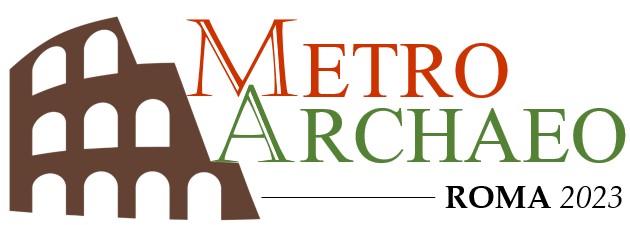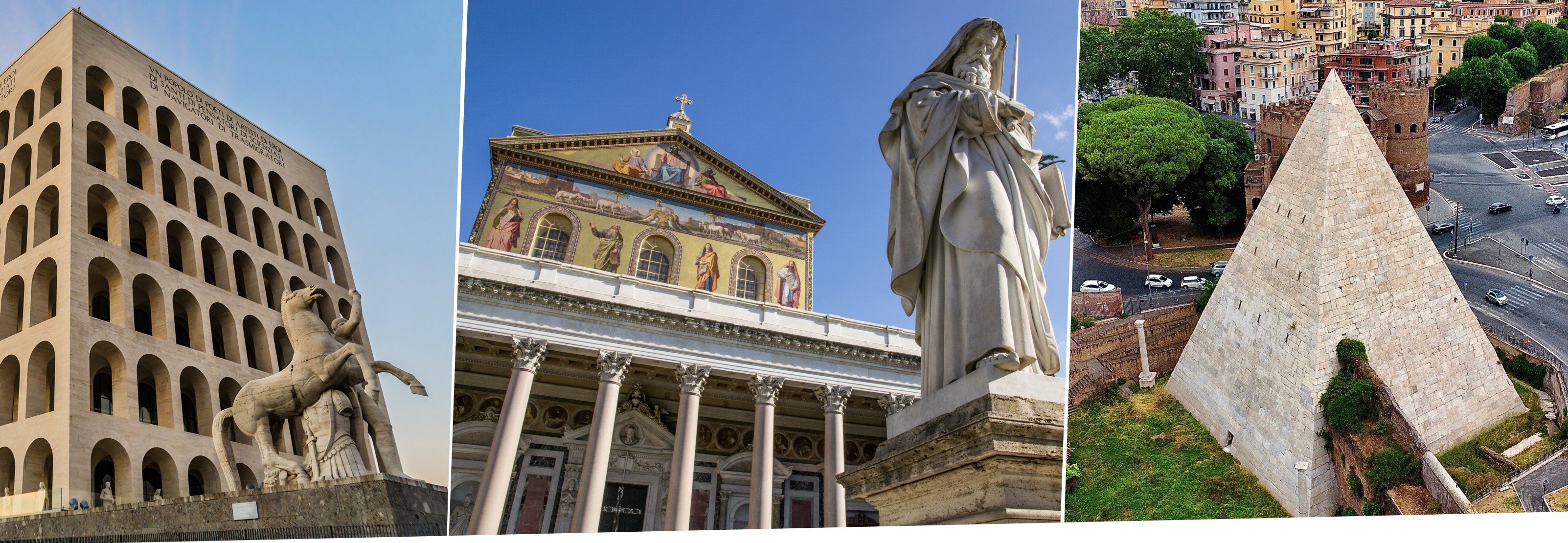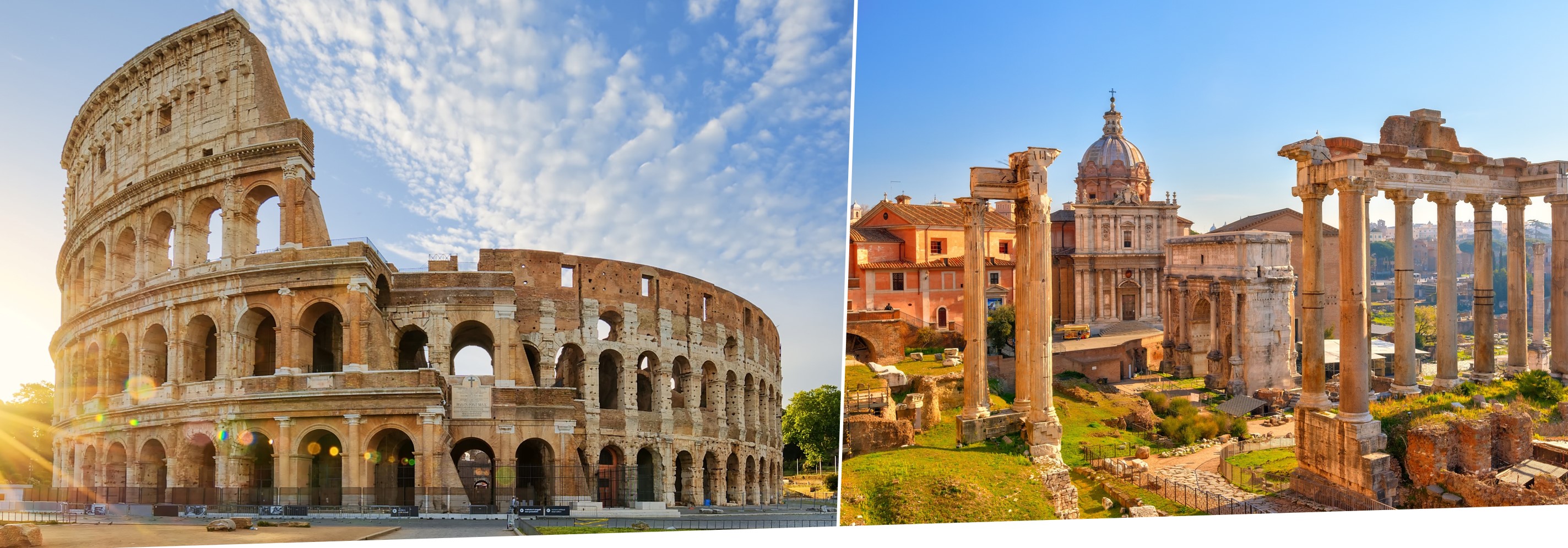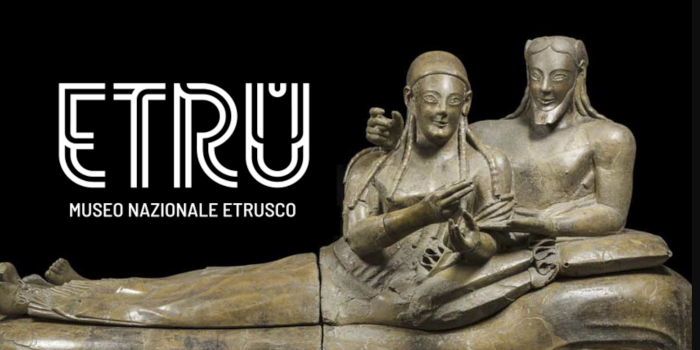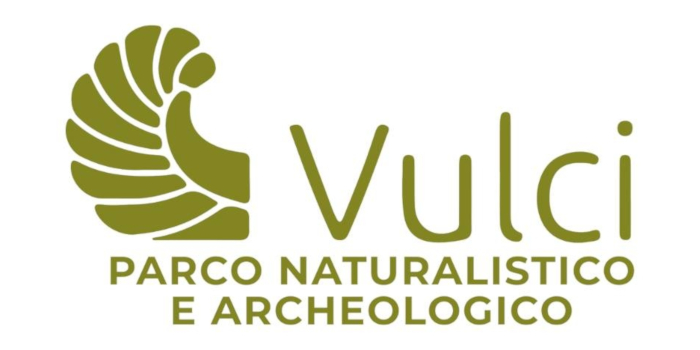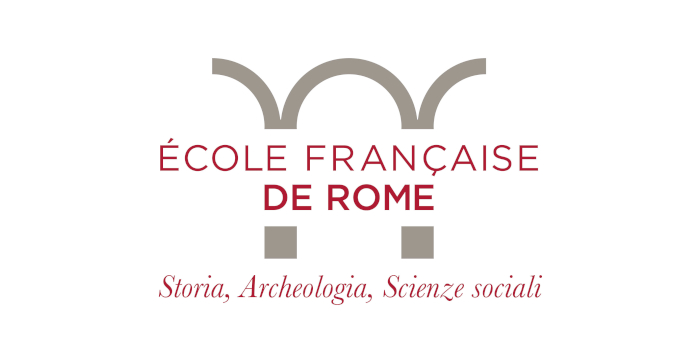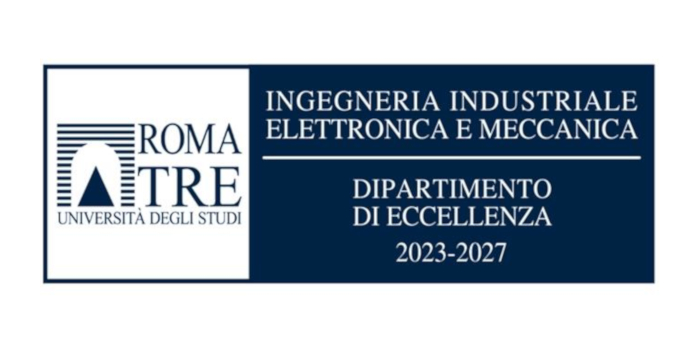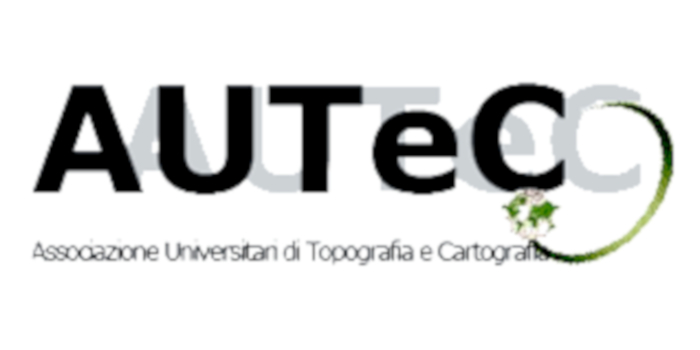SPECIAL SESSION #4
Biodeterioration of cultural heritage: evaluation of damages and new approaches for prevention and control
ORGANIZED BY
Flavia Bartoli
Istituto di Scienze del Patrimonio Culturale, CNR, Italy
Annalaura Casanova Municchia
Istituto di Scienze del Patrimonio Culturale, CNR, Italy
ABSTRACT
The deterioration of cultural heritage involves its life over time. In particular, the biodeterioration process, defined as any undesirable change in the properties of a material caused by the vital activities of organisms, affects many substrates and occurs in many conditions. The biodeterioration problems have been well known since the early 1900s but research has never stopped due to the complexity of the involved processes, leading to a continuous update on available techniques and approaches to ensure high quality data and solutions to a better conservation of our cultural heritage.
Standards and references need to be developed, shared and tested through selection and agreement, so that newly generated solutions can be compared meaningfully across disciplines and among different research groups for common benefit. Nowadays, multidisciplinary approaches allow a more precise and detailed assessment of the damage leading to the development of intervention plans that last over time and with reduced costs.
MAIN TOPICS
- Preventive conservation
- Biodeterioration and climate change
- Ecology of biofilms on stone monuments
- Biodegradation of Materials: stone, concrete, wood, glass and others
- Agents and mechanisms of monuments biodeterioration in outdoor and confined environments
- Application of innovative and non-invasive technologies on the study and the conservation of stone monuments
- Environmentally friendly biodeterioration control
- Novel environmentally friendly materials for sustainable stone heritage conservation
ABOUT THE ORGANIZERS
Flavia Bartoli is a Biologist currently researcher at the Institute of Heritage Science of the National Research Council (CNR ISPC). PhD and Post-doc in Botany applied to Conservation and Valorization of Cultural Heritage. She was involved in several national (Pompeii and Ercolano; Crypt of the Original Sin (Matera); Cupid and Psyche Lodge (Rome), and international (Angkor (Cambodia), Cappadocian Site (Turkey), Pasargade (Iran) projects for the conservation and valorization of cultural heritage. She also was visiting teacher for ACRA foundation project “Zanzibar Built Heritage Job Creation” and Professor for the International Master "BioHeritage: Biology for the Knowledge and Conservation of Cultural Heritage". Her skills are focused on the analysis of micro and macroflora colonizing the monument for the study biodeterioration phenomena. Moreover, her research interest involves the studies of flora and vegetation of archaeological sites for the evaluation of the historical landscape, its changes over the time to valorize the natural and cultural value of the archaeological landscape.
Annalaura Casanova Municchia is a conservation scientist with a PhD in Biology on the biodeterioration issue of historical-artistic stone artifacts. Currently, she is a researcher at the Institute of Heritage Science of the National Research Council (CNR ISPC). Her skills are focused on the analysis of original artworks for the characterization and study of the deterioration processes with specific attention to biodeterioration phenomena.
